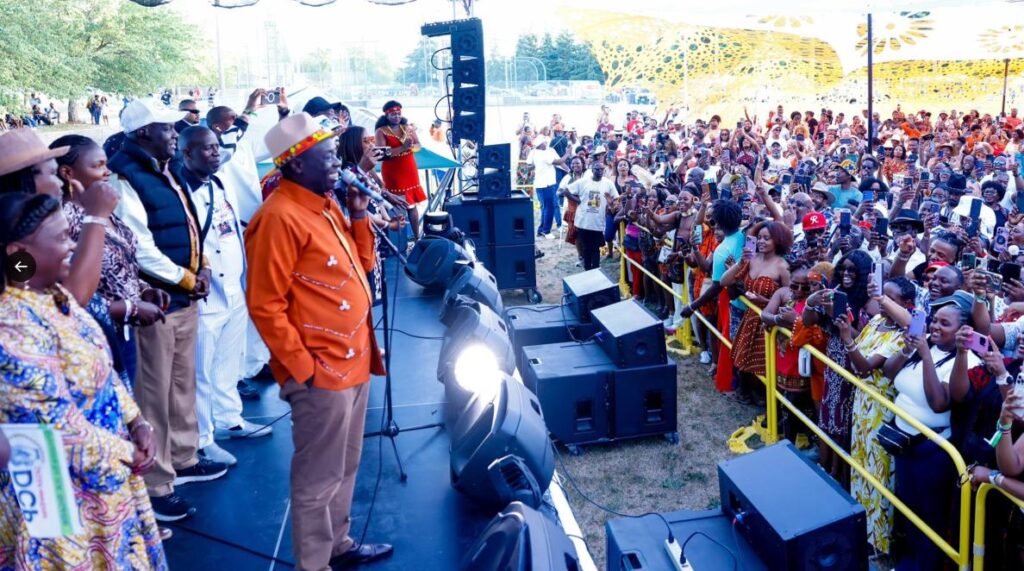Former Deputy President Rigathi Gachagua has rejected long-standing accusations of tribalism, asserting instead that he has played a key role in promoting national unity. Speaking during an interview in Boston, United States, Gachagua said his critics misunderstand his political language and overlook the relationships he has cultivated with leaders and citizens from across Kenya’s diverse ethnic landscape.
“My critics keep calling me a tribalist, but I am the one who has found allies in other communities,” Gachagua stated. He pointed to the warm reception he has received from Kenyans abroad, especially in the United States, as evidence that his political influence transcends ethnic lines.
Gachagua, who has often been at the centre of political debate for his vocal defense of the Mt. Kenya region’s interests, claimed that his public outreach, both at home and abroad, has fostered a sense of kinship and inclusivity. “While here in the US, there are different communities who have invited me to attend their events. Even the Maasai community is asking me to join them at their cultural festival,” he noted.
The former deputy president has become known for frequently referring to fellow politicians from different ethnic backgrounds as “cousins” or “in-laws,” a rhetorical device he says helps to break down ethnic and political barriers. During his Boston remarks, he extended this familiar narrative, describing Wiper Party leader Kalonzo Musyoka and other national figures as “cousins” in an effort to highlight his cross-community connections.
“I have single-handedly united all communities. We are now cousins and in-laws,” he said confidently, implying that his personal approach to politics has contributed significantly to interethnic harmony.
Gachagua’s comments come amid ongoing public scrutiny over his past speeches, many of which have been interpreted as favoring the Mt. Kenya region. However, his latest remarks appear aimed at reshaping his public image from that of a regional defender to a national unifier.
Whether his self-proclaimed role as a bridge-builder will resonate with the broader Kenyan public remains to be seen, but Gachagua is clearly seeking to reposition himself as a central figure in the national unity discourse.

